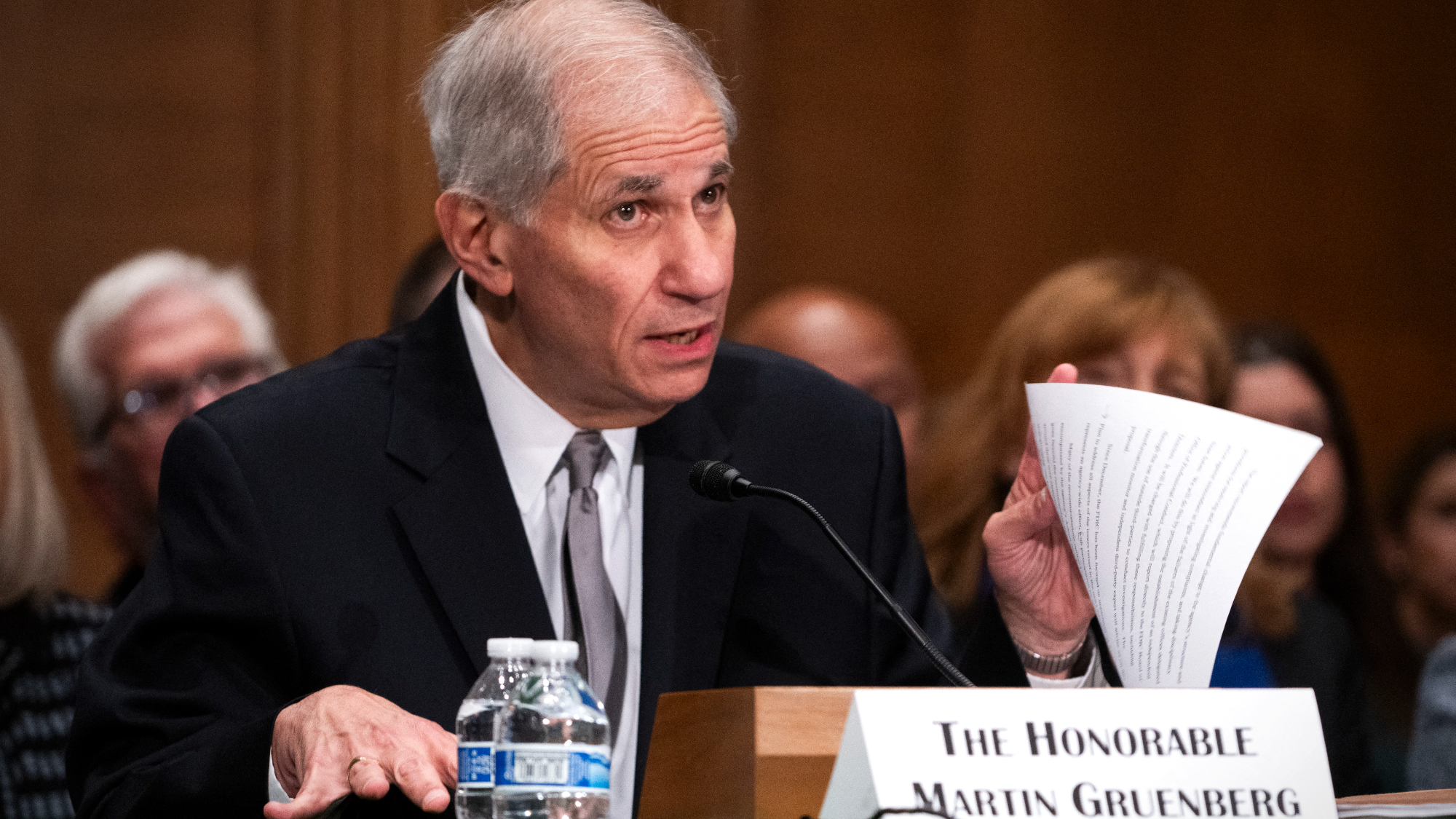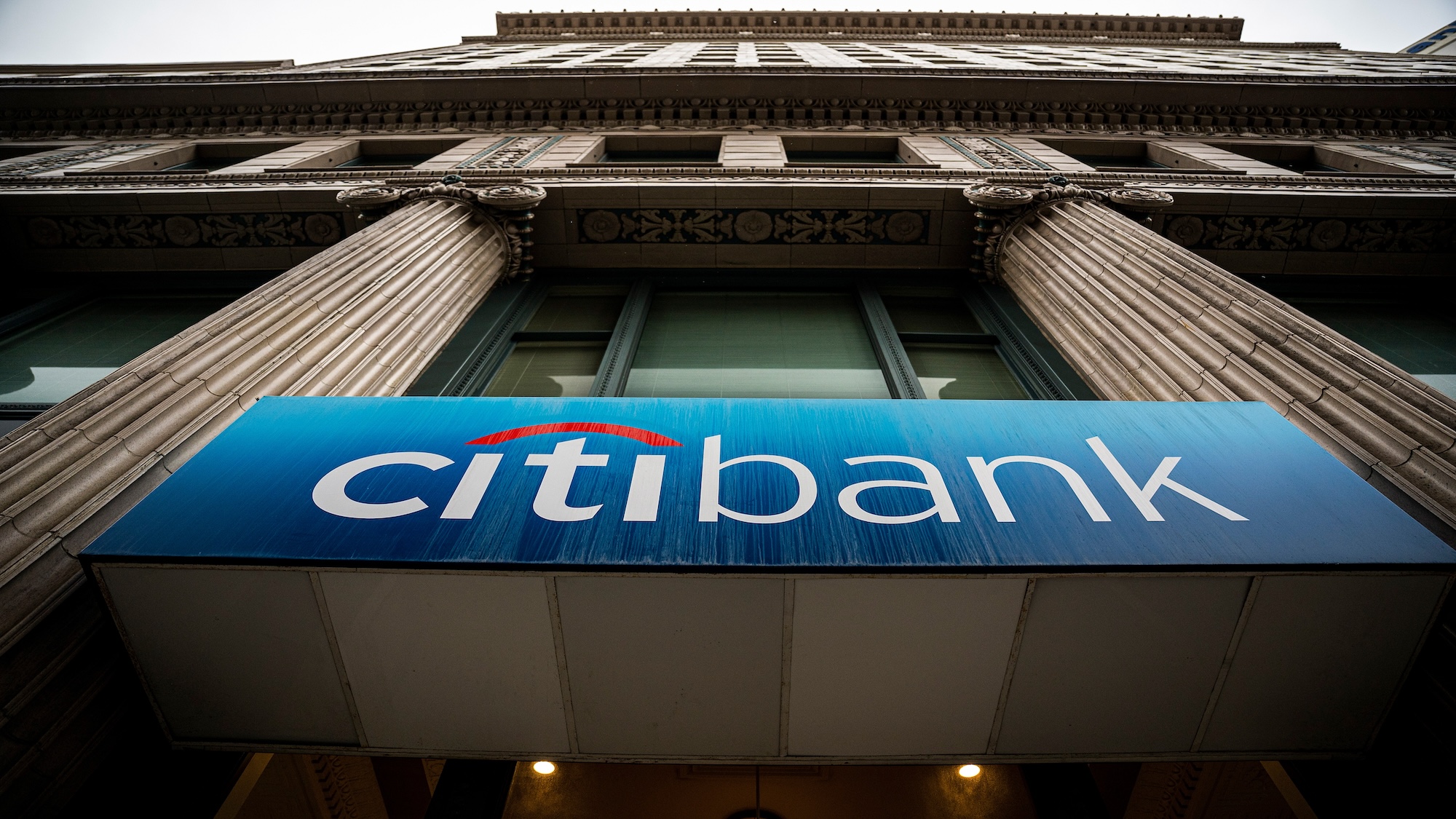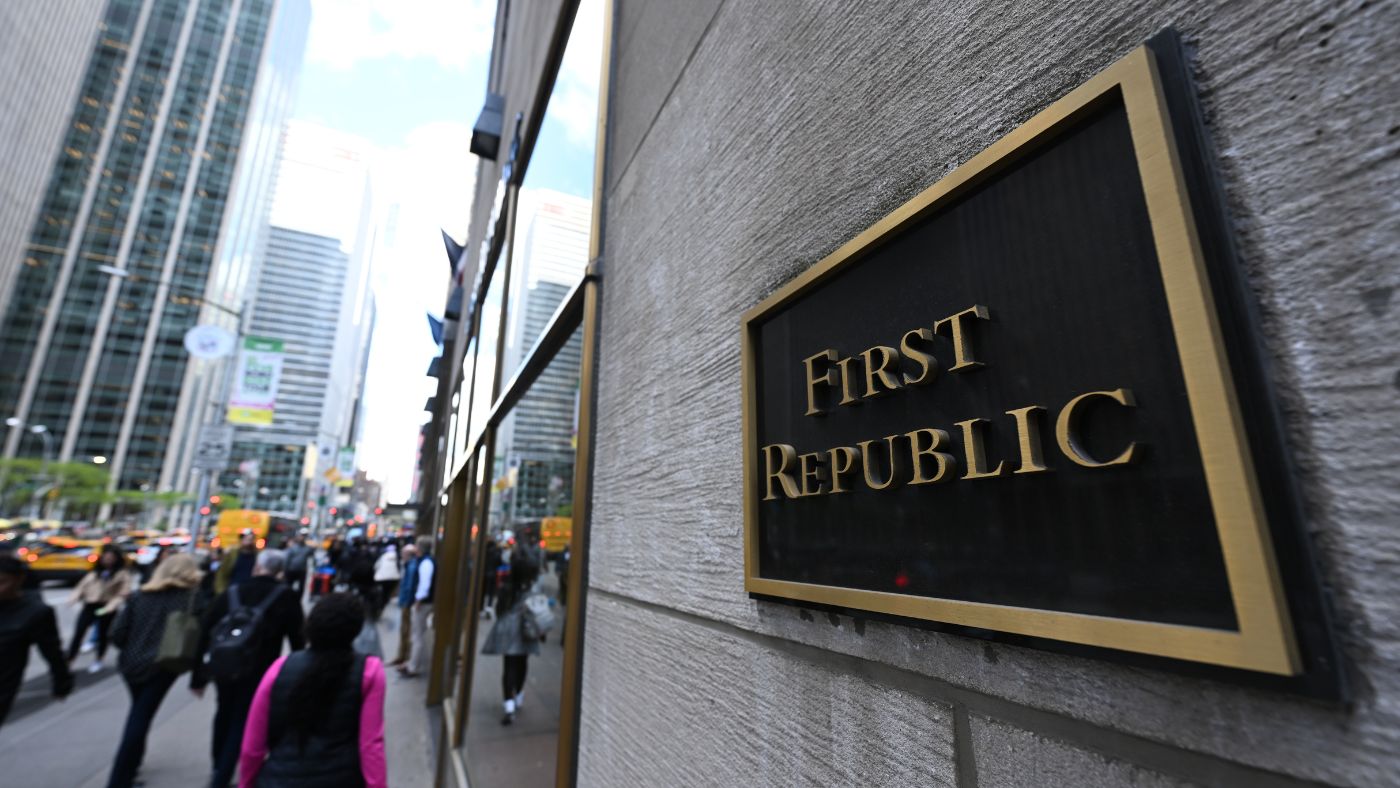Europe’s biggest banks fined for money laundering
All five of the UK’s largest banks have been sanctioned for money laundering offences within the last decade

A free daily email with the biggest news stories of the day – and the best features from TheWeek.com
You are now subscribed
Your newsletter sign-up was successful
Almost all of Europe’s biggest banks have been sanctioned for money laundering offences over the past decade, according to new research by anti-money laundering experts Fortytwo Data.
The firm found that at least 18 of the 20 biggest banks in Europe, including five UK institutions, have been fined for offences relating to money laundering since the financial crisis, many of them within the last few years, an indication of how widespread money laundering has become.
All 10 of Europe’s biggest banks, including HSBC, Barclays, BNP Paribas, Société Générale and Santander have fallen foul of anti-money laundering authorities, while recent crises at the likes of ING, Danske Bank and Deutsche Bank “only reinforce this impression, demonstrating how no bank is immune to money laundering sanctions, no matter how large”, says Fortytwo Data.
The Week
Escape your echo chamber. Get the facts behind the news, plus analysis from multiple perspectives.

Sign up for The Week's Free Newsletters
From our morning news briefing to a weekly Good News Newsletter, get the best of The Week delivered directly to your inbox.
From our morning news briefing to a weekly Good News Newsletter, get the best of The Week delivered directly to your inbox.
With a number of leading British banks also implicated in money laundering scandals, earlier this year, Donald Toon, director of prosperity at the National Crime Agency, admitted that money laundering in the UK was “a very big problem” and estimated that the amount of money laundered here each year has now risen to a staggering £150 billion.
Julian Dixon, CEO of Fortytwo Data, says: “It is clear Europe’s largest banks are collectively struggling having problems when it comes to anti-money laundering standards. The increasing sophistication of the money launderers makes this an ever more difficult task.”
However, he said: “These days, there are effective solutions to be found. Technology has reached a level where it can vastly improve the efficiency of suspicious activity detection and all major banks have a responsibility to embrace 21st Century solutions to this problem, rather than continuing with outdated legacy systems.”
A free daily email with the biggest news stories of the day – and the best features from TheWeek.com
-
 James Van Der Beek obituary: fresh-faced Dawson’s Creek star
James Van Der Beek obituary: fresh-faced Dawson’s Creek starIn The Spotlight Van Der Beek fronted one of the most successful teen dramas of the 90s – but his Dawson fame proved a double-edged sword
-
 Is Andrew’s arrest the end for the monarchy?
Is Andrew’s arrest the end for the monarchy?Today's Big Question The King has distanced the Royal Family from his disgraced brother but a ‘fit of revolutionary disgust’ could still wipe them out
-
 Quiz of The Week: 14 – 20 February
Quiz of The Week: 14 – 20 FebruaryQuiz Have you been paying attention to The Week’s news?
-
 What does the FDIC do?
What does the FDIC do?In the Spotlight The Federal Deposit Insurance Corporation is now a 'Trump target'
-
 TD Bank accepts $3B fine over money laundering
TD Bank accepts $3B fine over money launderingSpeed Read The US retail bank pleaded guilty to multiple criminal charges
-
 FDIC chair out after toxic work culture report
FDIC chair out after toxic work culture reportSpeed Read The report revealed a trend of sexual harassment and discrimination at the Federal Deposit Insurance Corporation
-
 Citibank to cut off online access for customers who don't go paperless
Citibank to cut off online access for customers who don't go paperlessSpeed Read The bank will shut off the customer's access to both their online website and mobile app
-
 First Republic: will UK banks survive unscathed?
First Republic: will UK banks survive unscathed?Under the Radar US shares dip after collapse of third regional bank, but experts say contagion to the UK is unlikely
-
 Banking crisis: has the city weathered the financial storm?
Banking crisis: has the city weathered the financial storm?Talking Point The financial storm appears to have abated, but no one’s ruling out more squalls along the way
-
 Should the UK relax bank ring-fencing rules?
Should the UK relax bank ring-fencing rules?Talking Point Treasury minister said he hopes to ‘boost competitiveness’ in the City with easing of regulations
-
 Should caps on bankers’ bonuses be scrapped?
Should caps on bankers’ bonuses be scrapped?Talking Point New chancellor Kwasi Kwarteng believed to be planning contentious move to ‘boost the City’